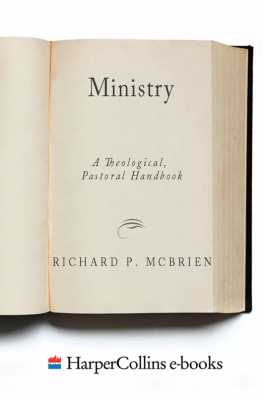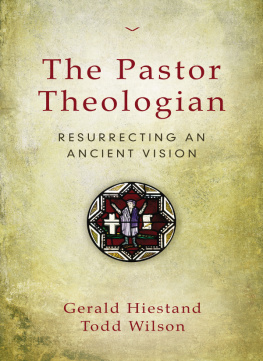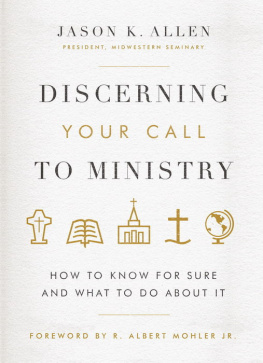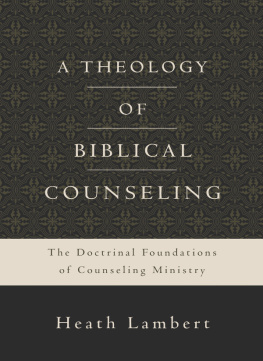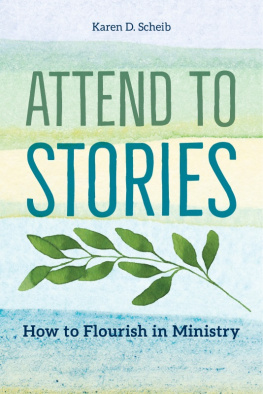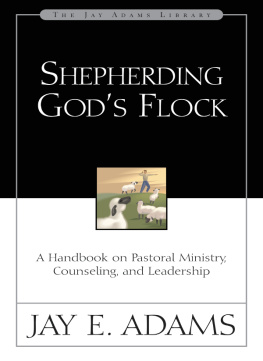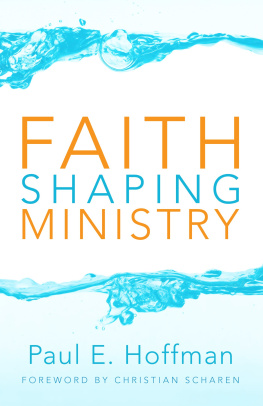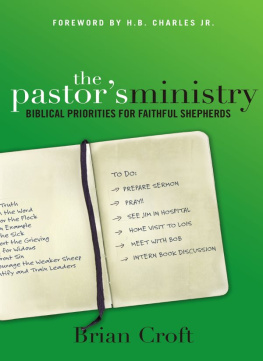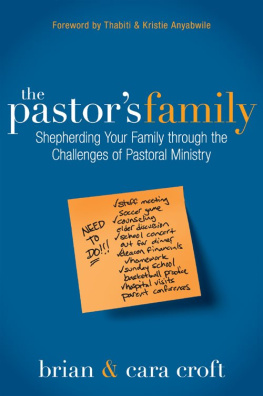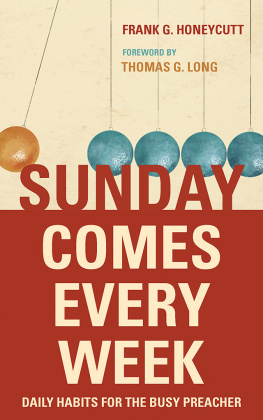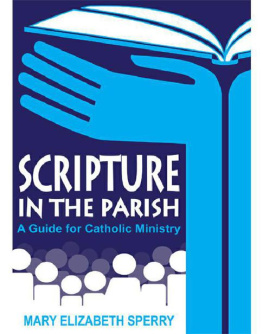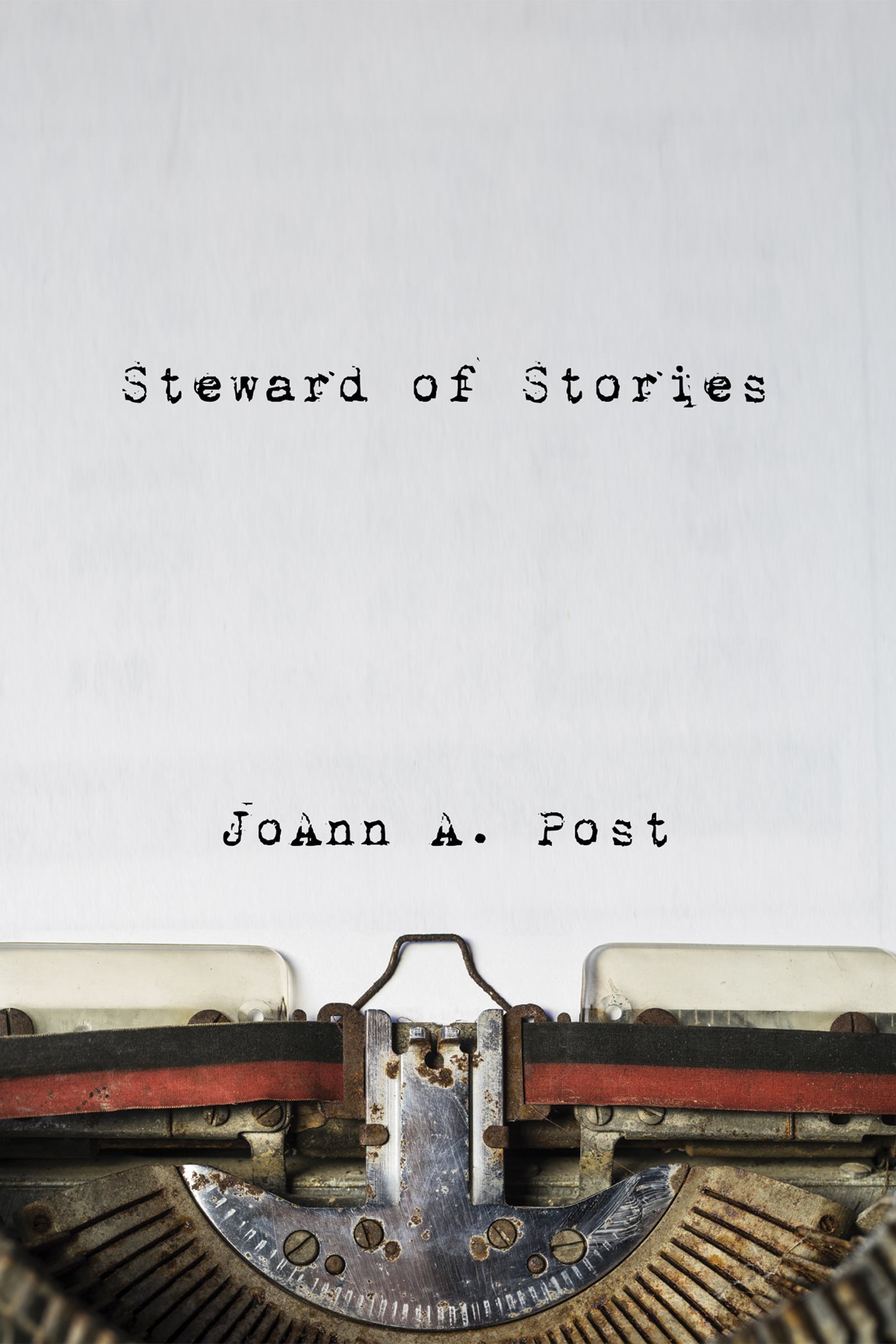Copyright 2014 JoAnn A. Post. All rights reserved. Except for brief quotations in critical publications or reviews, no part of this book may be reproduced in any manner without prior written permission from the publisher. Write: Permissions, Wipf and Stock Publishers, W. th Ave., Suite , Eugene, OR 97401 .
W. th Ave., Suite
Manufactured in the U.S.A.
A First Word
I n one hot Iowa summer almost forty years ago, I devoured all four volumes of James Herriots All Creatures Great and Small series, and Truman Capotes In Cold Blood . Dr. Herriot mused on decades of veterinary practice in the rolling hills of Yorkshire, England. Mr. Capote chronicled the brutal slayings of a Kansas farm family by drifters in search of easy money. As I lay reading in the boughs of the sprawling maple behind the farmhouse, I recognized the farm yards and fertile fields in which Dr. Herriot labored, and the endless rolling Kansas landscape on which Mr. Capotes tale of true terror unfolded. Even as an adolescent, I wondered at the environs that could spawn both bucolic serenity and bone-chilling horror. An outsider to the rural life would have to conclude that either Dr. Herriots depiction was pure fantasy or Mr. Capotes obscene anomaly. But both stories were true. The same pastoral vista on which lambs frolic and mares graze once stood witness to the absolute depravity of human nature.
Like the rich earth that provokes both musing memoir and heinous history, the Lutheran parishes I have served have given rise to both wise counsel and desperate action on my part. The landscape of my ministry, while geographically diverse, has provoked questions and dilemmas unique only in the details, otherwise common to all in this calling.
My husband has dubbed me Steward of Stories, as both strangers and friends invite me into their lives, and entrust their secret hopes and public nightmares, their much-loved personal narratives with me. It is my intent to steward these stories well, to honor those who have called me Pastor, as well as those whose lives have brushed past mine in silent, but significant ways.
In three decades of parish ministry, I have been privileged to hear thousands of stories, and to serve wonderfully ordinary parishes from Alaska to Georgia to Wisconsin to Connecticut. In each of four congregations and in a campus ministry setting, I have baptized babies and confirmed teenagers and married thirty-somethings and buried the elderly. I have also baptized the elderly and confirmed thirty-somethings and married teenagers and buried babies. This life is rich with contradictions and conundrums, teeming with challenges and choices, humbling in its privileges and perspectives.
Here is the paradox of the pastors reality, a life immersed in lifes joys and sorrows into which few but the pastor (and the country veterinarian) are invited. The pastor holds wet wrinkled newborns and the dry papery hands of the aged. The pastor receives more love than anyone deserves, and labors under more criticism than is warranted. The same action is praised by some and scorned by others. The pastor is called to preach the Holy Word of God, and find the ordinary word that prevents Congregation Meeting mutiny. The pastor offers forgiveness to the sinner who refuses to receive it. The pastor earns a congregations trust when these competing demands, these impossible expectations are faithfully and wisely negotiated. And, because of that trust, the pastor is then invited into deeper conversations, darker moments, and (appropriately) intimate relationship.
We called it The Pickle, the faded green 1994 Ford Taurus station wagon my friends drove until the air conditioning was in no condition, and the windows preferred half-mast to either open or closed. They dubbed the rear cargo space the way back. Groceries went in the way back, as did dogs, bicycles, crumpled McDonalds bags, and the annoying neighbor child who didnt really merit a seatbelt. My ministry memory is just such a way back, cluttered with snippets of song lyrics and dirty jokes, the wilted leaves of wincing memories, sorrows sensitive to touch, poignant moments that still reduce me to tears. Every once in a while some crumpled scrap of wisdom tumbles out of the pile and I am glad I didnt throw it out.
From this way back of my ministry memory, I have retrieved deceivingly simple stories that draw the reader into reflection about the pastors life, the congregations life, and the life of the faithful. In each of these narratives, I pair pastoral experiences that reveal the conundrums present in daily parish ministry. Why did one stillbirth result in a naming, and another in a baptism? How is the concept of family an inspiring descriptor in one congregation, and a trap in another? Is it possible for a single congregation to be both deeply hospitable and tightly closed? While it is true that some things are simply right and others are simply wrong, it is more often true that the demands of the moment, the particulars of a situation, the pressures of time, can make decisions about right and wrong luxuries which neither time nor circumstance afford. Years of parish practice have helped me to make peace with the changes and chances of this life, to release my death grip on being right, to trust Gods wisdom and that of fellow disciples.
The competing demands presented by the pastoral life are challenging to even a seasoned pastor. But when the unexpected or unwelcome presents itself to the newly ordained, the new pastor lies awake nights worrying about doing the right thing. When congregational lay leaders are forced to face a hard truth, a reality that slices through the canvas of their carefully painted self-portrait, it is often easier to flee than to face it. I think of these demands as competing faithfulnesses: the daily tension between faithfulness to scripture and tradition, to the people we are called to serve and to our additional callings as parents and spouses and children, friends and neighbors and colleagues. To whom or what do we owe the highest faithfulness? Which of these competing faithfulnesses emerges as the greatest? When do we appeal to pastoral authority, the because I said so, answer, and when do we bite our tongues and wait for the word, for the wisdom, for the way through?
I write for seminary professors and students, parish pastors and congregational lay leaders, teachers and students who, like me, struggle to live and understand the life of faith. As I have shared my work with each of these audiences, they have heard questions that may have nipped at their own heels but have previously gone unarticulated or unanswered. They are grateful for the realization that there might be more than one right way to approach parish ministry. They are fascinated by the intricacies of this work that, on the face of it, is so straightforward. Like me, they are relieved to have an opportunity to speak honestly about failure and forgiveness, undeserved grace and tender mercy.
All of the stories in this collection are real and happened to me. Out of respect for those involved, names and details, locations, circumstances and identifying marks have been altered. When a story is very specific, I have consulted those involved. Most characters and events are composites, an amalgam of individual encounters that illustrate a common experience. In every circumstance, especially those in which I was at odds with others, I seek to portray their views and actions in the most charitable light. There are, of course, stories from my ministry which will never appear in print. Some stories are so painful, so personal, so sensitive that they will go with me to my grave. I am deeply grateful to the congregations and individuals whose lives and stories have informed my ministry, who have shaped me as a pastor and a person. I trust these essays will be seen not as broken confidence, but as gifts to our shared ministry, opportunities to recognize ourselves in disciples from across the church.


